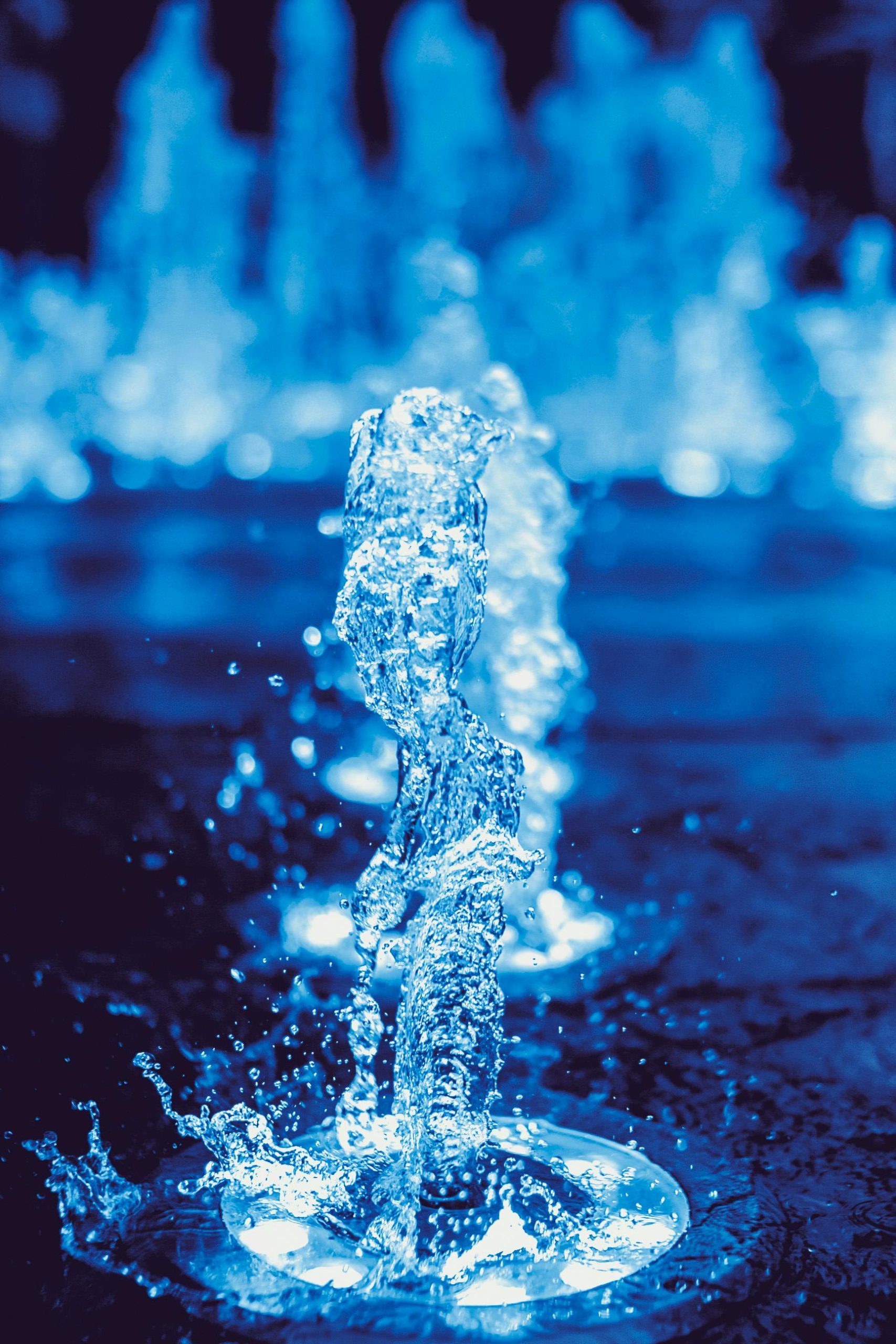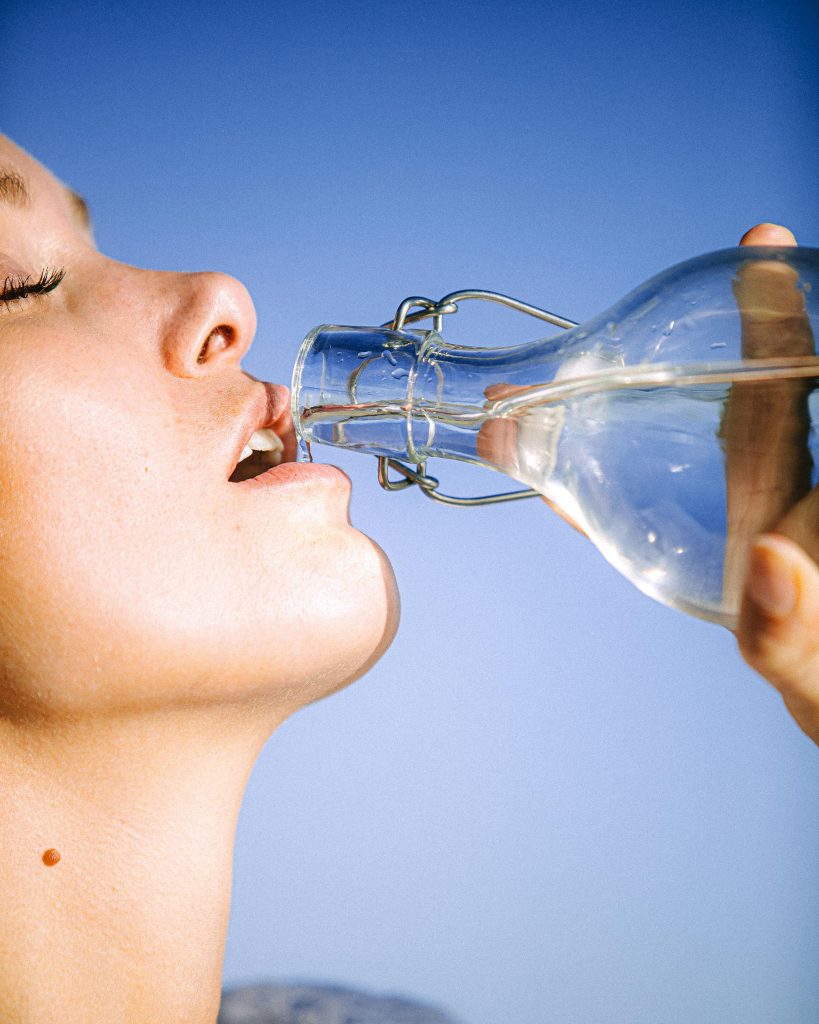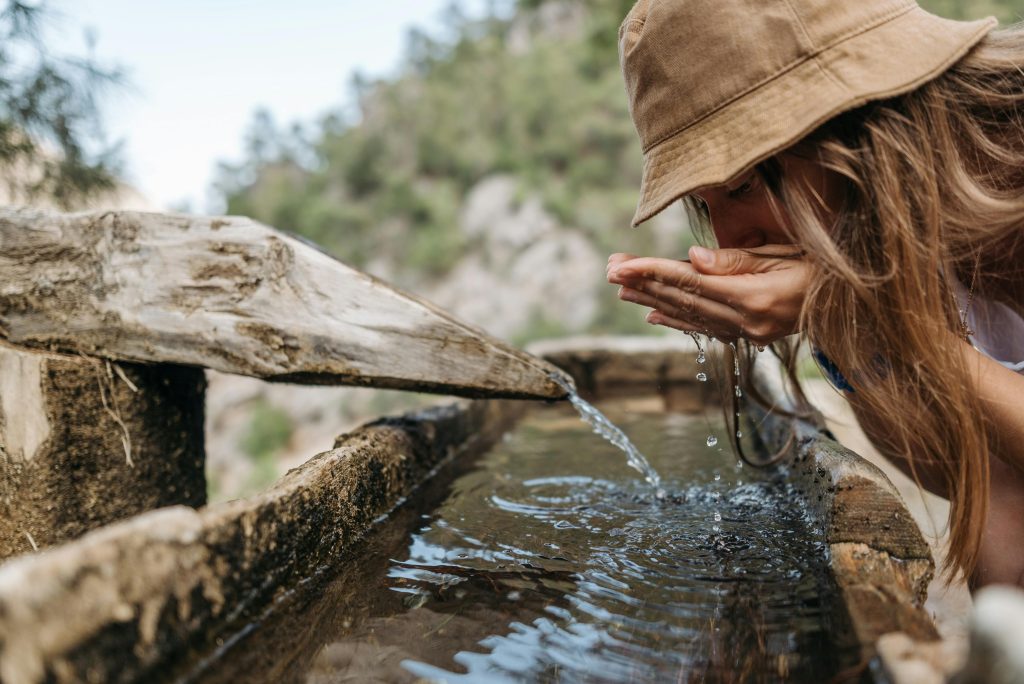Water is such a necessary element for life that God Himself used it to illustrate His concern for humanity, saying: “…And let him who is thirsty come; and whoever wishes, let him take the water of life freely.” Revelation 22:17
In the past, water treatments consisted of hydrotherapy (therapeutic bathing techniques and the use of water), balneotherapy (therapeutic bathing in medicinal and thermal springs) and thalassotherapy (therapeutic use of sea baths and marine products) and these treatments continue to be used to this day. Although their use worldwide has declined, the factors behind this decline are the lack of funding for scientific studies that prove their effectiveness and the high demand for the availability of allopathic medicines. In ancient society, the factors underlying the effective healing properties of water may have been ignored and its benefits attributed to divine sources. However, modern science, from the 19th century to the present, has isolated the factors in water that have beneficial properties for health.

According to a recent article on the medicinal qualities of water, 'water is second only to air as our most important bodily component.'
About 81% of the bloodstream is water and when toxins enter the body, urine (95% water) or sweat (99% water) usually carries these toxins out. Natural water treatment can interact with the body to create a medium that is 'unsurpassed in its ability to heal'. Three main uses of water as a treatment medium can be distinguished as: hydrotherapy, balneotherapy and thalassotherapy.

THE VALUE OF WATER
Water is the main chemical component of your body and accounts for about 50% to 70% of your body weight. Your body depends on water to survive.
How much water should I drink? It’s commonly recommended that you drink eight 8-ounce (237 mL) glasses of water per day (the 8×8 rule). While the 8-glass-per-day rule is for generally healthy people, this amount differs based on how much water you drink, whether from other beverages or from food sources. Additionally, certain health conditions, medications, activity level, and ambient temperature can influence your total daily water intake.
Unfortunately, many of us don't drink enough, especially older adults.

Water keeps all the body's systems functioning properly by transporting nutrients and oxygen to cells, eliminating bacteria through urine, aiding digestion, preventing constipation, normalizing blood pressure, lubricating joints and cushioning, protecting organs and tissues, regulating body temperature and maintaining electrolyte balance (sodium).

Your brain is heavily influenced by your hydration status. Studies show that even mild dehydration, such as a loss of 1–3% of body weight, can impair many aspects of brain function. In a study of young women, researchers found that 1,4% fluid loss after exercise impaired both mood and concentration. It also increased the frequency of headaches.
Another study found that fluid loss of 1,6% was detrimental to short-term memory in the workplace and increased feelings of anxiety and fatigue. This can occur easily during normal daily activities, but even more so during exercise or high temperatures. Many other studies, with participants ranging from children to older adults, have shown that mild dehydration can impair mood, memory, and brain performance. Mild dehydration (fluid loss of 1–3%) can impair energy levels, impair mood, and lead to major reductions in memory and brain performance.

Dehydration can trigger headaches and migraines in some individuals. Research has shown that headaches are one of the most common symptoms of dehydration. What's more, some studies have shown that drinking water can help relieve headaches in people who suffer from frequent migraines.
Increasing water intake appears to decrease the risk of kidney stone formation.
When you drink plenty of water daily, it helps your blood to transport the nutrients from your digested food to the relevant parts of your body, increasing blood and lymph circulation, purifying and thinning your blood, and also fighting fever by flushing out toxins and waste through your skin and kidneys. Other benefits include keeping your body hydrated and alert, transporting oxygen and nutrients to all your body cells. This helps with the absorption and utilization of vitamins and minerals, since most digestive enzymes require a certain amount of water for digestion.

A WARNING
The hypothalamus is the region of the brain responsible for monitoring satiety. The desire to eat or drink water can sometimes be confused. “Thirst” is an indicator of the need for water, even a major warning of dehydration at likely moderate or alarming levels. However, in some circumstances, when you are “hungry”, this can be an indicator that your body needs water. You should force yourself to drink more than when your body starts to alert you.

SOME ADVICE:
Drinking plenty of water can help you lose weight. This is because water can increase satiety before eating and increase your metabolic rate.
The more liquid is placed in the stomach along with meals, the more difficult it is to digest the food; as the water needs to be absorbed first.
“In sickness and in health, pure water is water, one of the most excellent blessings of heaven.”
“Drink plenty of water, it helps to meet the body’s needs and helps nature to resist disease.”

The brain absorbs a mixture of air, glucose (blood sugar) and water. Mental confusion, hearing loss and irritability can all be consequences of a lack of water.
WATER – EXTERIORLY
It is said that personal hygiene and religion go hand in hand. That is why a hot bath calms the nerves and acts as a tranquilizer. On the other hand, a cold bath acts as a tonic and acts as a stimulant.
Why should God's remedies be ignored?

SPIRITUAL WATER
- “Except a man be born of water and the Spirit, he cannot see the kingdom of God.” John 3:3
- “The Spirit of Christ in the heart is like a spring in the desert, flowing there to refresh everyone, awakening in dying souls the desire to drink the water of life.”
- “Let the repentant sinner fix his eyes upon the Lamb of God, which taketh away the sin of the world,” beholding Him and being transformed. Christ “is in him a well of water springing up into everlasting life.” John 4:14.

CONCLUSION
Our greatest need: let us ask for the outpouring of heavenly rain—the Holy Spirit—so that we may become more loving and lovable Christians!

CONTINUES…














